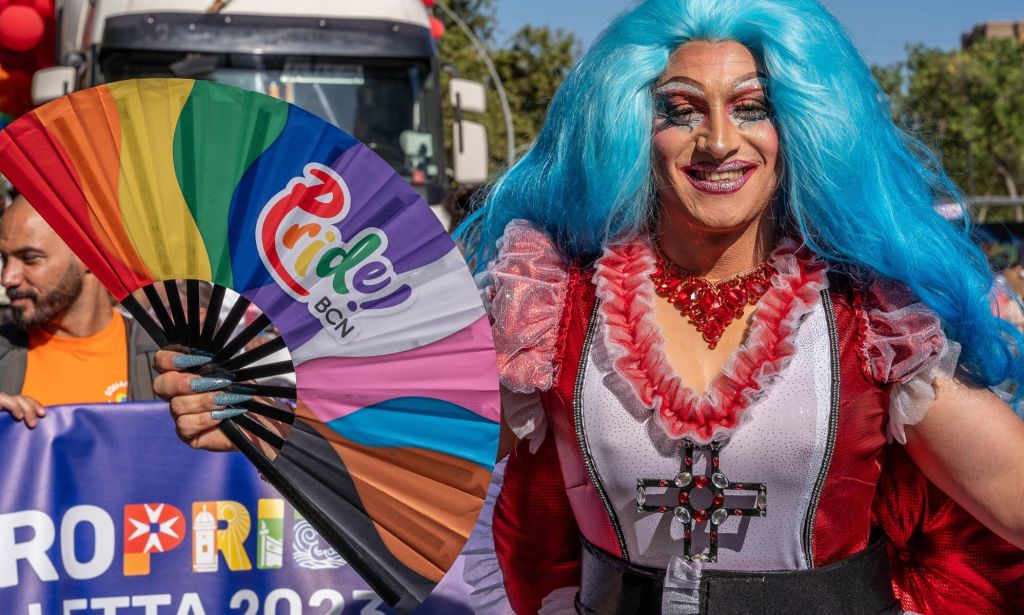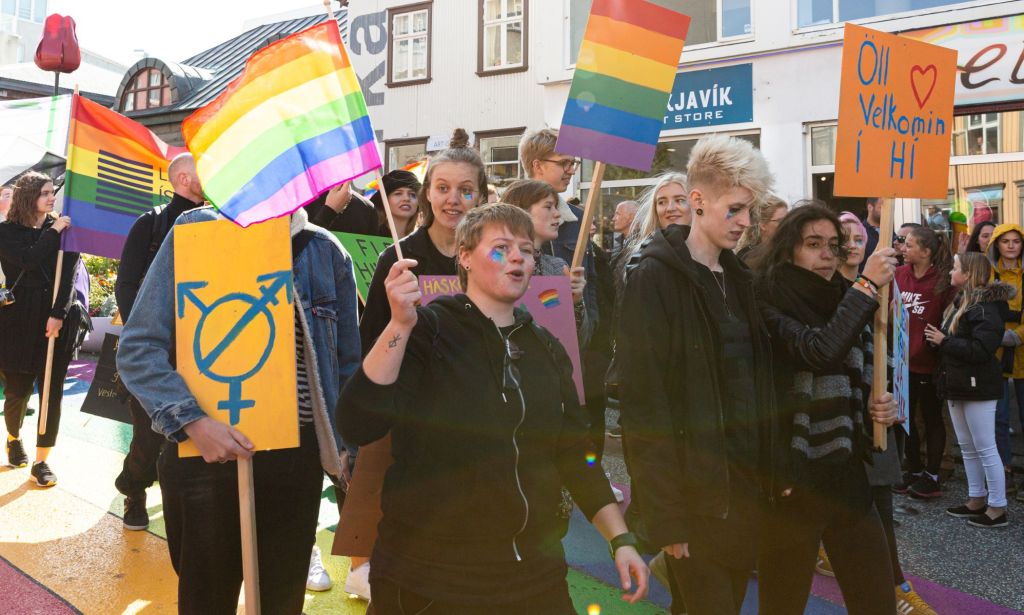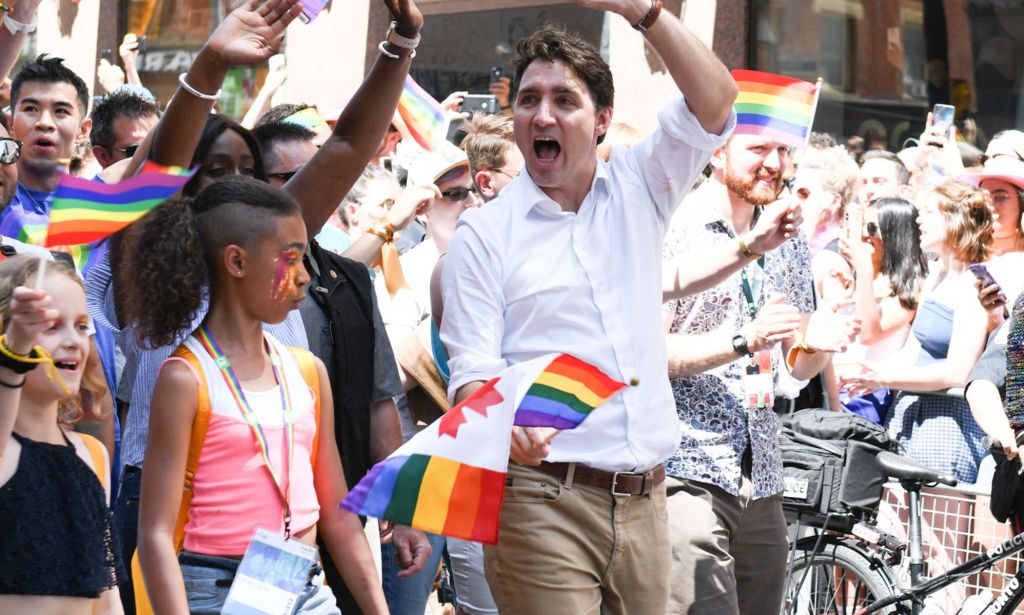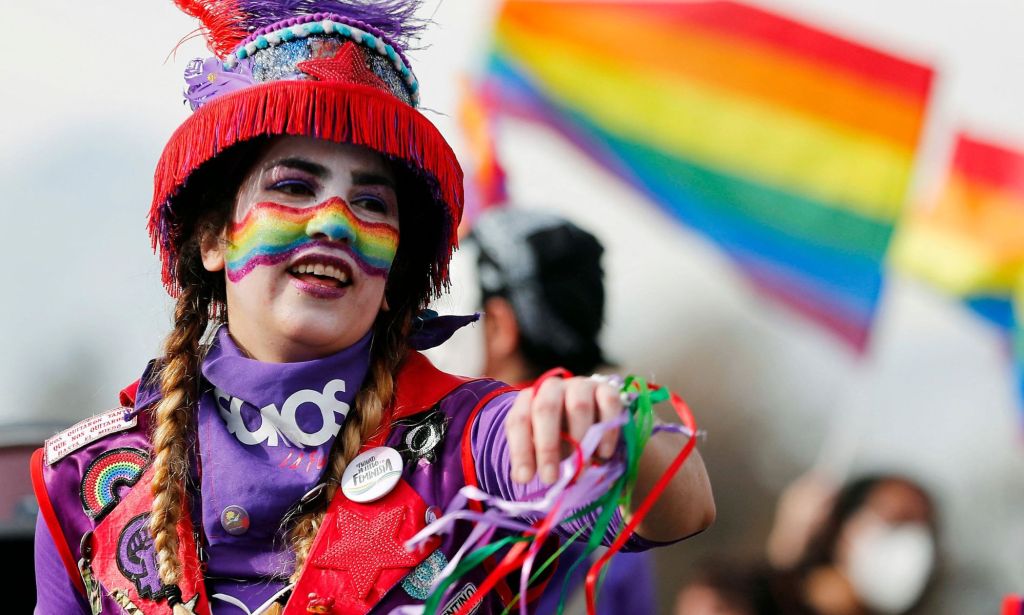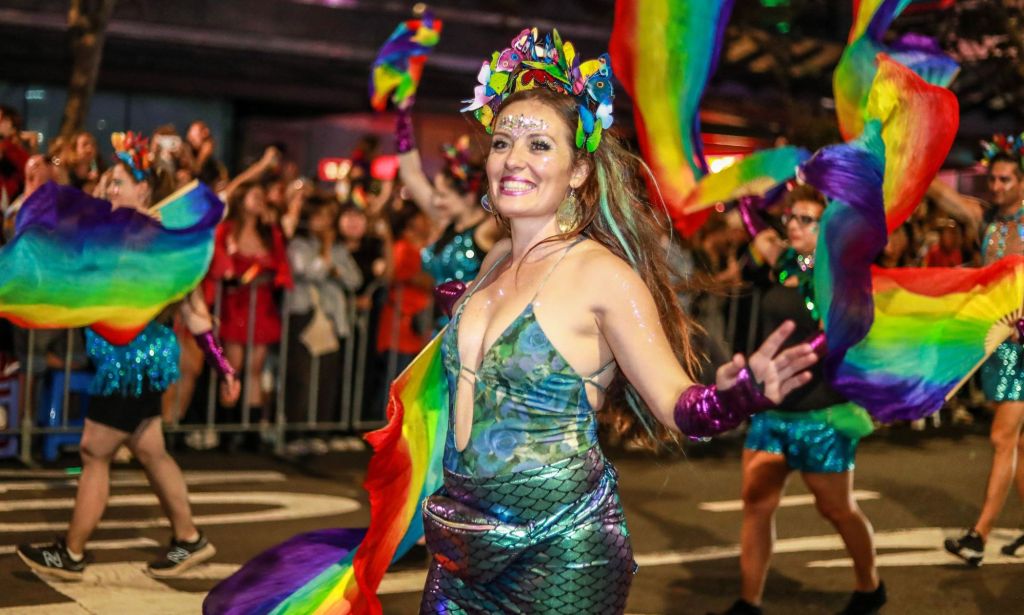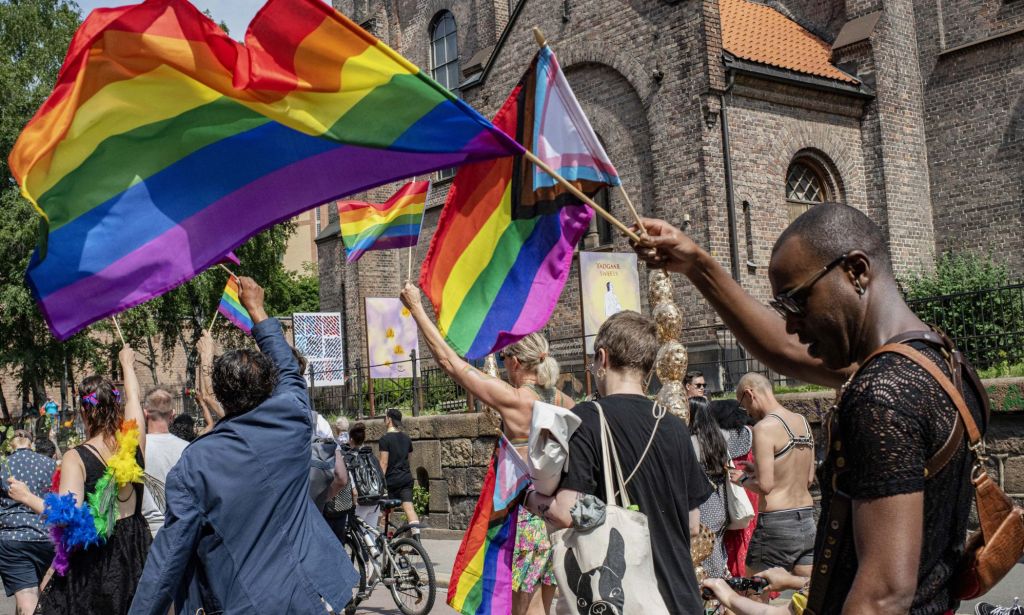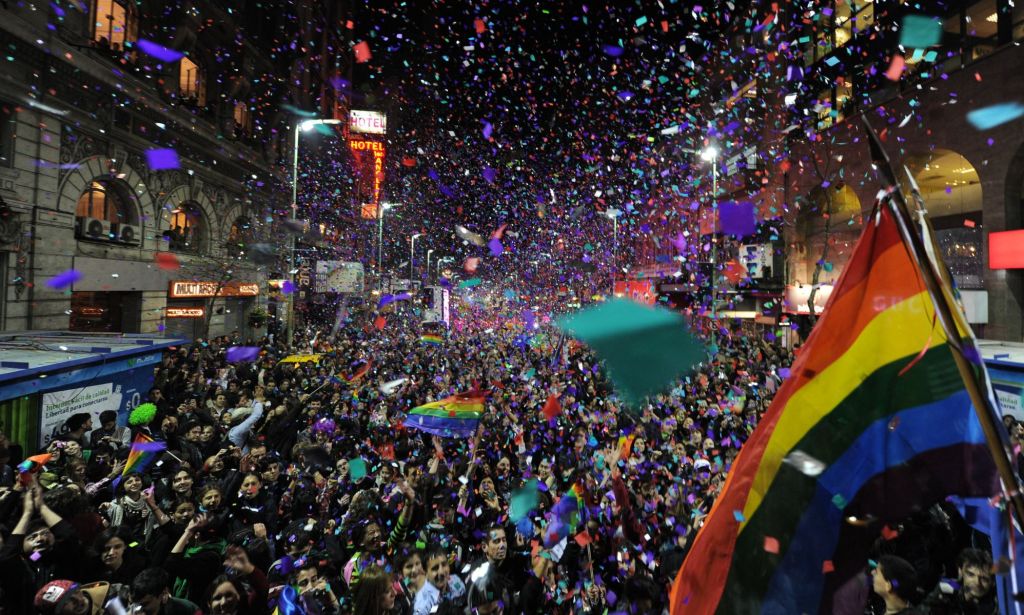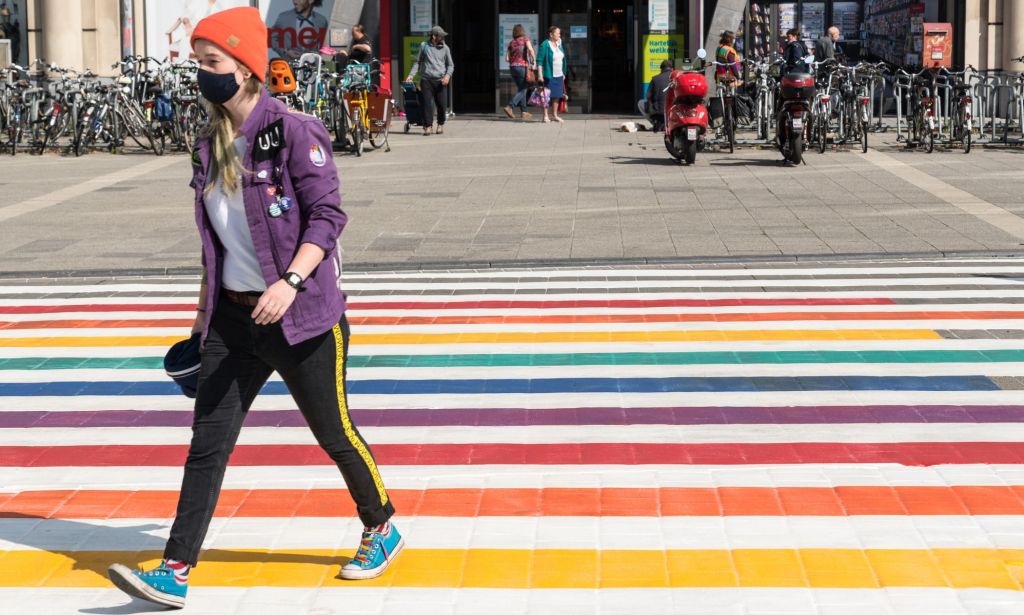Uzbekistan authorities have increasingly cracked down on calls for independence in the autonomous republic of Karakalpakstan since protests broke out there two years ago, Human Rights Watch said today.
But Uzbekistan has also yet to hold any senior officials accountable for the excessive force used to quell the protests against proposed constitutional amendments in July 2022. The amendments would have stripped the region of its autonomous status and barred a referendum for independence.
“Uzbekistan’s leadership has not only failed to ensure justice for those killed in the Karakalpakstan protests two years ago, but we’ve also seen a notable increase in repression of other Karakalpak activists ever since,” said Hugh Williamson, Europe and Central Asia director at Human Rights Watch. “Uzbekistan’s partners should renew calls for justice and condemn the ongoing crackdown on activists both inside and outside Karakalpakstan.”
On July 1 and 2, 2022, Uzbekistan’s security forces used unjustified lethal forceand other forms of excessive force, including discharging small arms and grenades to disperse mainly peaceful protesters in Karakalpakstan. At least 21 people died, including 4 law enforcement officers. Over 270 were injured.
Uzbek authorities backed off the proposed constitutional changes, but they have since taken a heavy hand to anyone who has spoken out or acted in favor of Karakalpakstan’s independence.
The authorities arrested more than 500 people in the immediate aftermath of the protests, and in two high-profile criminal trials, prosecuted a total of 61 people, including lawyers, bloggers, activists, and journalists, for their alleged involvement. Dauletmurat Tazhimuratov, a blogger and lawyer who first called for peaceful protests, was sentenced to 16 years in prison. Police and the courts ignored his allegations of ill-treatment and torture.
Human Rights Watch has reviewed court documents from the prosecution since July 2022 of nine Karakalpak activists on criminal charges of “attempting to overthrow the constitutional order” and “producing or distributing material that threatens public safety.” Human Rights Watch also reviewed media reports and statements issued by rights groups. In mid-June, Human Rights Watch wrote to the Uzbek government to request information about the cases but has received no response.
The arrests and prosecutions, including of diaspora Karakalpaks, for no more than peaceful expression of their political opinions, violates internationally protected rights to freedom of expression and assembly, and are inconsistent with Uzbekistan’s reform pledges and purported human rights agenda, Human Rights Watch said.
Two activists – Saaditdin Reimov, 57, and Kungratbay Redzhepov, 57 – were sentenced in December 2022 to four and seven years in prison, respectively. Reimov had expressed his support for a peaceful protest on September 1, 2022, to demand the release of political prisoners, while Redzhepov had called in October 2020 for a rally to demand independence for Karakalpakstan. Both had previously served 15-day administrative sentences for trying to go to the Karakalpakstan capital, Nukus, during the 2022 protests.
Arepbay Aitmuratov was sentenced to seven years in a prison colony on May 10, 2023, for videos he shared in Telegram channels that, according to a state-ordered expert analysis, allegedly contained “ideas of separatism information aimed at inciting panic among the population.” The verdict, which effectively criminalized the expression of ideas, did not specify what language served as the basis for the criminal charges.
An ethnic Turkmen from Karakalpakstan, Jumasapar Dadebaev, 37, who had been living in Türkiye, was forcibly returned to Uzbekistan in January 2022, then arrested. On August 10, 2022, following a closed trial, a Tashkent court convicted Dadebaev of over a dozen criminal charges, including “attempting to overthrow the constitutional order,” “insulting the president,” and “producing or distributing materials containing a threat to public order,” and sentenced him to 12 years in prison.
While Dadebaev was not involved in the July 2022 protests, he had previously called for Karakalpakstan’s independence, criticized government officials, and called for peaceful protests.
Uzbekistan has also targeted diaspora activists, in particular those living in Kazakhstan, with unfounded criminal charges. In September 2023, Uzbekistan courts prosecuted in absentia five diaspora Karakalpaks, – Koshkarbai Toremuratov, Zhangeldy Zhaksymbetov, Raisa Khudaibergenova, Ziyuar Mirmanbetova, and Tleubike Yuldasheva – sentencing them to between 3 years and 10 years and 1 month in prison. Police in Kazakhstan have arrested three more Karakalpaks since the start of this year. Uzbekistan has sought their extradition.
On February 22, 2024, Uzbekistan’s Supreme Court ruled that Alga Karakalpakstan, an opposition group in Karakalpakstan, is “extremist” and banned its activities in Uzbekistan. The movement’s leader, Aman Sagidullaev, a Karakalpak activist who has political asylum in Norway, was prosecuted in absentia in connection with the July 2022 protests and sentenced to 18 years in prison.
A human rights defender Vitaliy Ponamarev, told Human Rights Watch that at least one person, Parakhat Musapbarov, has already been prosecuted for alleged membership in Alga Karakalpakstan. On May 30, 2024, the Khojeli district court sentenced Musapbarov to six years in prison under article 244-2, or “membership in a banned extremist organization.”
In the meantime, authorities have failed to ensure justice for the people killed or injured in the 2022 protests, Human Rights Watch said.
Three police officers have been prosecuted for “illegal actions” during the protests. The Kagan City Court on August 4, 2023, sentenced two of them to seven years in prison for torture, and another to three years in prison for perjury and leaving a person in danger resulting in his death in connection with the Karakalpakstan events. But information about the prosecutions was only made public after sentencing, and little is known about the cases, including the specific crimes.
In December 2022, the Prosecutor General’s Office announced that it was investigating two deaths and the use of weapons to dispel the protests in Karakalpakstan, but no further information about the investigations has been made public.
A so-called independent parliamentary commission tasked in July 2022 with investigating human rights violations committed during and after the events has yet to publish its findings.
Uzbek authorities should stop imprisoning Karakalpaks for peacefully expressing a desire for an independent Karakalpakstan, release those who have been wrongfully imprisoned, and take urgent steps to ensure justice for those killed during the 2022 events, Human Rights Watch said.
Uzbekistan’s partners, in particular the European Union, the United Kingdom, the United States, and Germany, all of whom have representatives in Tashkent, have an important role to play to hold Uzbekistan accountable for ensuring justice for those killed in the protests in July 2022, and in securing the release of wrongfully imprisoned Karakalpak activists and others, Human Rights Watch said.
“Locking up Karakalpak activists for alleged ‘anti-constitutional’ activities, while ignoring the need to ensure accountability for the lives lost during the events of July 2022 is deeply cynical on the part of Uzbek authorities,” Williamson said. “Uzbekistan’s partners, who have made muted references to this recent crackdown, need to speak up, and do so urgently.”
